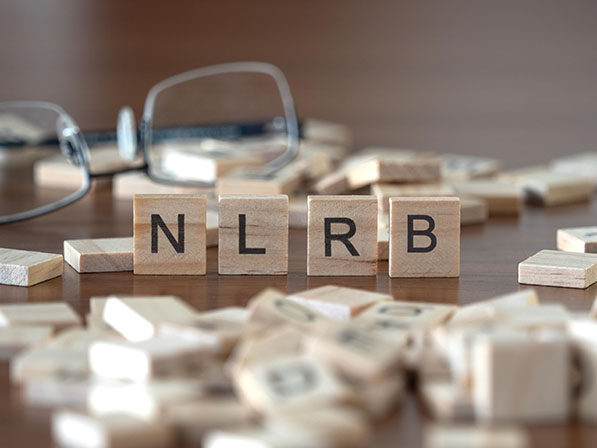On October 15, 2025, the National Labor Relations Board (NLRB) filed a lawsuit against California challenging a new state labor law that would expand the California Public Employment Relations Board’s (PERB) jurisdiction to enforce federal labor rights. The NLRB is seeking to stop the law before it takes effect on January 1, 2026.
On October 1, 2025, California Governor Gavin Newsom signed AB 288. As previously reported, the bill is one of two major collective bargaining bills signed this year. It aims to substantially expand the jurisdiction of the PERB, a state agency within the Labor and Workforce Development Agency that is responsible for overseeing government employer/employee labor relations. AB 288 gives PERB jurisdiction to enforce labor laws affecting private-sector employees, who are generally covered by the federal National Labor Relations Act (NLRA), exclusively enforced by NLRB.
AB 288 states that NLRA-covered employees may petition the PERB when the NLRB has “expressly or impliedly ceded jurisdiction.” The law has several conditions under which the NLRB is deemed to have ceded jurisdiction, including when the NLRB lacks quorum, loses its “independence” because of the U.S. Supreme Court finding that NLRB members are not protected from removal and certain processing delays.
In its lawsuit, the NLRB argues that the NLRA preempts this California law, preventing the state from regulating in this area.
Enacted by Congress, the NLRA regulates the employees’ rights to organize, bargain collectively and engage in other concerted activities related to working conditions. It also prohibits “unfair labor practices.” The U.S. Supreme Court, in a doctrine known as the Garmon preemption, has held that conduct involving NLRA rights falls under the exclusive jurisdiction of the NLRB, to which states and federal courts must defer.
Citing the Supreme Court precedent, the NLRB claims that AB 288 violates the Supremacy Clause by creating a parallel regulatory framework that conflicts with the NLRA and is, therefore, preempted by federal law. Similarly, the NLRB recently sued New York for passing a law like AB 288.
CalChamber will continue to monitor this legal challenge and will provide updates as the case develops.
James W. Ward, J.D., Employment Law Subject Matter Expert/Legal Writer and Editor, CalChamber
CalChamber members can read more about National Labor Relations Act in the HR Library. Not a member? See how CalChamber can help you.

